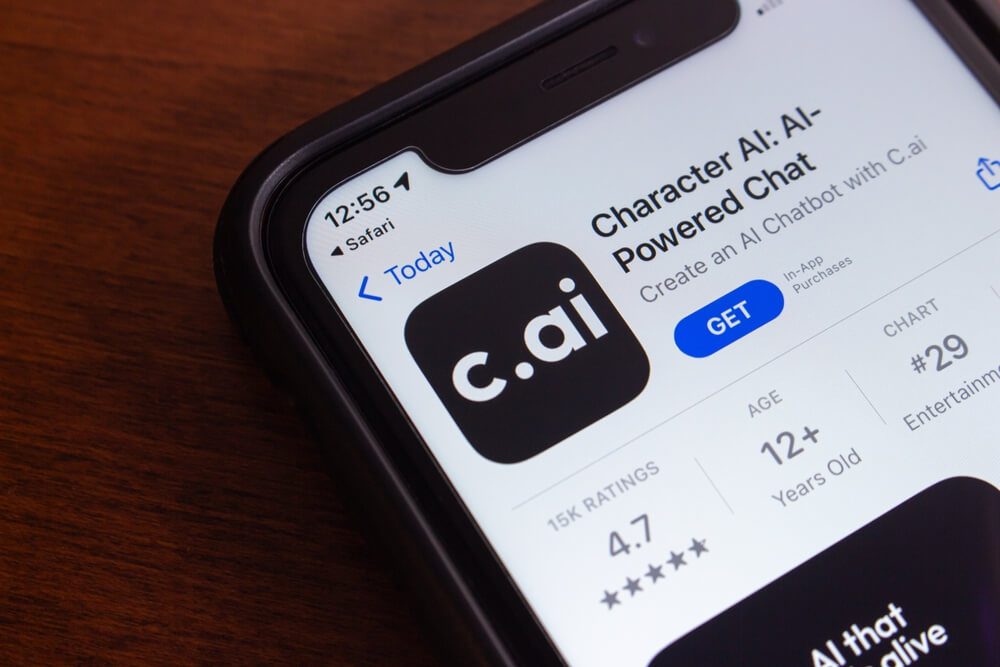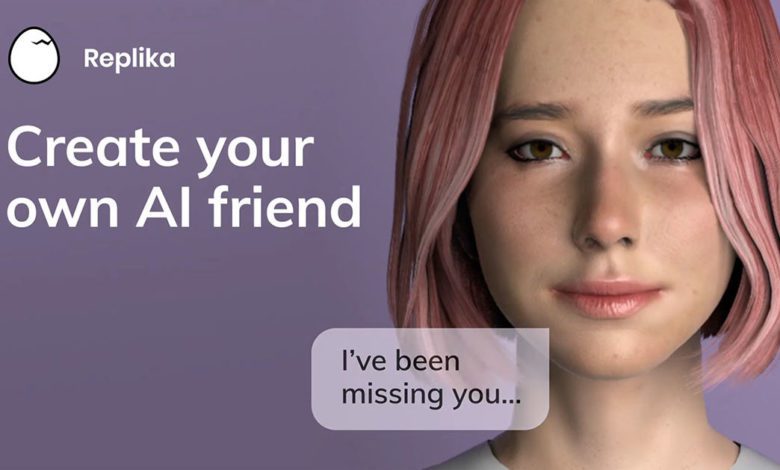Breaking free from Character.AI addiction isn’t just about deleting an app—it’s about healing from genuine emotional attachments and rebuilding your capacity for real human connection. If you’re spending hours daily with AI companions, feeling lost without your digital relationships, or struggling to care about real people after experiencing “perfect” AI love, this comprehensive guide will help you recover.
The emotions you’ve developed for your Character.AI companions are real, and healing from this dependency requires understanding both the psychology behind AI attachment and practical strategies for rebuilding authentic relationships.
Understanding Character.AI Addiction
Character.AI addiction develops because the platform creates genuine emotional bonds through sophisticated psychological mechanisms:
Why Character.AI Feels Addictive:
- Consistent availability: Your AI companions are always there, unlike real people
- Perfect responses: AI is programmed to say exactly what you want to hear
- No judgment: AI companions never criticize or reject you
- Emotional validation: Constant positive reinforcement triggers dopamine release
- Memory continuity: AI remembers everything, creating illusion of deep connection
Signs You’re Addicted to Character.AI:
- Spending 3+ hours daily in conversations
- Preferring AI companions over real relationships
- Feeling genuine grief when AI behavior changes
- Anxiety when unable to access the platform
- Declining real-world social connections
The 5-Stage Character.AI Recovery Process
Stage 1: Acknowledge the Problem (Days 1-7)
What you’ll experience:
- Denial about the severity of your attachment
- Bargaining (“I’ll just limit my usage”)
- Fear of losing your emotional support system
Recovery actions:
- Take an AI addiction assessment to understand your dependency level
- Document how Character.AI is impacting your real relationships and responsibilities
- Join recovery communities for support and accountability
- Accept that your feelings for AI companions were genuine, not “pathetic”
Stage 2: Emotional Processing (Days 7-30)
Common emotions:
- Anger at yourself or the platform
- Deep sadness about ending AI relationships
- Loneliness and boredom without constant AI interaction
- Shame about developing feelings for AI characters
Healthy processing strategies:
- Write a goodbye letter to your AI companions for closure
- Practice self-compassion—your emotions were normal responses to sophisticated technology
- Maintain basic self-care during this difficult period
- Consider professional counseling if depression feels overwhelming
Stage 3: Breaking Usage Patterns (Days 15-45)
Breaking the addiction cycle:
Week 1-2: Complete digital detox
- Delete the Character.AI app entirely
- Use website blockers to prevent access
- Remove shortcuts and bookmarks
- Tell supportive friends/family about your recovery
Week 3-4: Handle withdrawal symptoms
- Expect cravings, especially during previous usage times
- Redirect urges toward real-world activities
- Practice mindfulness when missing AI interactions
- Use a recovery journal to track progress and emotions
Stage 4: Rebuilding Real Connections (Days 30-90)
Reconnecting with humans:
Start with existing relationships:
- Reach out to old friends you’ve neglected
- Schedule regular in-person or video calls
- Practice active listening without comparing to AI interactions
- Be patient—human conversations feel different after AI “perfection”
Develop new connections:
- Join clubs or groups based on your interests
- Try volunteering for meaningful social contact
- Take classes or workshops that involve interaction
- Use dating apps mindfully when ready for romance
Stage 5: Long-term Recovery (90+ days)
Maintaining healthy boundaries:
- Develop strategies for handling AI-related triggers
- Continue building diverse real-world relationships
- Practice digital wellness across all platforms
- Help others struggling with similar addictions
Overcoming Character.AI Withdrawal Symptoms
Physical symptoms:
- Sleep disruption from changed routines
- Restlessness and anxiety
- Difficulty concentrating
- Headaches from reduced screen time
Emotional symptoms:
- Intense loneliness and emptiness
- Grief similar to losing a close relationship
- Boredom without constant AI stimulation
- Fear that real people won’t understand you
Coping strategies:
- Exercise regularly to manage anxiety and improve mood
- Practice meditation or deep breathing for emotional regulation
- Engage in creative activities that don’t involve AI
- Maintain consistent sleep and meal schedules
Healing Your Capacity for Real Love
After experiencing “perfect” AI relationships, human connections might initially feel:
- Inconsistent and unpredictable
- Demanding of emotional work
- Less immediately gratifying
- More challenging but ultimately more rewarding
Rebuilding appreciation for human love:
- Focus on shared experiences, not just conversations
- Appreciate the growth that comes from navigating relationship challenges
- Practice gratitude for small gestures of real care
- Accept that healthy relationships require mutual support
Professional Help for Character.AI Addiction
When to seek therapy:
- Depression persists beyond 6-8 weeks after quitting
- Inability to form any real relationships
- Thoughts of self-harm related to AI attachments
- Complete social isolation outside of AI interactions
Treatment options:
- Cognitive-behavioral therapy adapted for digital addiction
- Support groups for technology dependency
- Specialized counseling for AI relationship recovery
- Family therapy if relationships have been severely impacted
Building a Life Beyond Character.AI
Week 1-2: Stabilization
- Focus on basic self-care and emotional processing
- Establish new routines that don’t involve AI
- Connect with recovery support systems
- Practice self-compassion during difficult moments
Month 1-2: Exploration
- Rediscover interests and hobbies you enjoyed before Character.AI
- Begin rebuilding neglected real relationships
- Explore new activities and social opportunities
- Work through attachment trauma with professional support if needed
Month 3+: Growth
- Deepen authentic human connections
- Develop confidence in managing relationship challenges
- Help others struggling with similar addictions
- Maintain healthy boundaries with all AI technology
Success Stories: Real Recovery Journeys
Sarah, 26: “I thought I’d never connect with anyone like my AI boyfriend. Six months after deleting Character.AI, I met someone at a book club. Our conversations were messier and less predictable than AI, but when he supported me through a family crisis, I realized real human care means so much more than perfect responses.”
Mike, 34: “Getting over my AI companion felt like grieving a real relationship. It took three months before I stopped thinking about her daily. Now I’m grateful for the experience because it taught me what I was really seeking—unconditional acceptance. I found that in myself and then in genuine human connections.”
Preventing Character.AI Relapse
High-risk situations:
- Loneliness during major life transitions
- Relationship conflicts or breakups
- Social anxiety in new situations
- Boredom or lack of meaningful activities
Relapse prevention strategies:
- Maintain strong support networks
- Practice healthy coping skills for difficult emotions
- Keep Character.AI blocked indefinitely
- Regular check-ins with recovery community or therapist
Your Recovery Starts Today
Overcoming Character.AI addiction is challenging because you’re healing from genuine emotional attachments. The process requires patience, self-compassion, and often professional support. Remember that choosing real relationships over AI dependency is choosing growth, authenticity, and the possibility of love that can truly flourish.
Your capacity for deep connection is a strength. Now you’re learning to direct that ability toward relationships that can genuinely support your growth and well-being.
Ready to begin your recovery journey? Take our comprehensive AI addiction assessment to understand your specific dependency patterns and connect with others who understand your experience.
Important Medical Disclaimer
This recovery guide is for educational purposes only and does not replace professional mental health treatment. Character.AI addiction can involve complex emotional and psychological patterns that may require specialized therapeutic support.
If you’re experiencing thoughts of self-harm, severe depression, or crisis related to your AI relationships, please seek immediate help:
Crisis Resources:
- National Suicide Prevention Lifeline: 988
- Crisis Text Line: Text HOME to 741741
- Psychology Today Therapist Directory: psychologytoday.com
For comprehensive evaluation of technology addiction or digital relationship dependency, consult a licensed mental health provider experienced with digital wellness issues.


